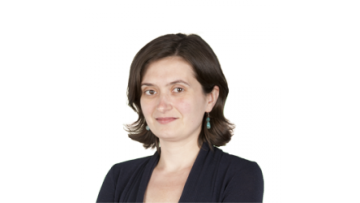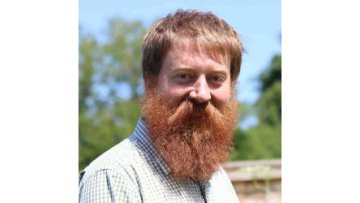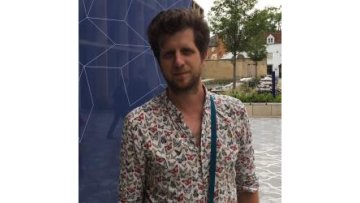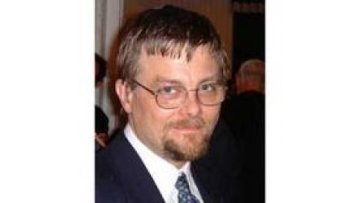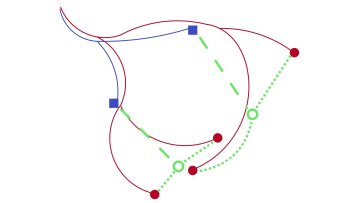12:45
Kondo line defect and affine oper/Gaudin correspondence
Abstract
It is well-known that the spectral data of the Gaudin model associated to a finite semisimple Lie algebra is encoded by the differential data of certain flat connections associated to the Langlands dual Lie algebra on the projective line with regular singularities, known as oper/Gaudin correspondence. Recently, some progress has been made in understanding the correspondence associated with affine Lie algebras. I will present a physical perspective from Kondo line defects, physically describing a local impurity chirally coupled to the bulk 2d conformal field theory. The Kondo line defects exhibit interesting integrability properties and wall-crossing behaviors, which are encoded by the generalized monodromy data of affine opers. In the physics literature, this reproduces the known ODE/IM correspondence. I will explain how the recently proposed 4d Chern Simons theory provides a new perspective which suggests the possibility of a physicists’ proof.


